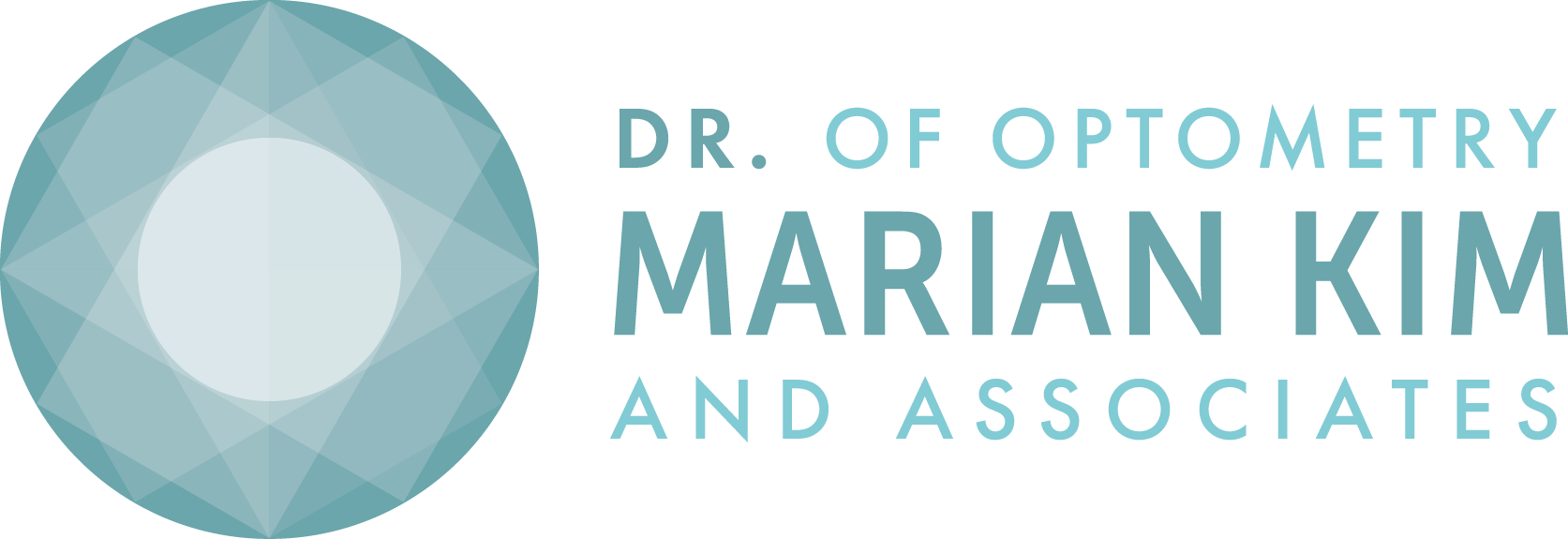
At Dr. Marian Kim and Associates, we recognize women's specific eye health challenges due to hormonal fluctuations, lifestyle, and physiological factors. Understanding these conditions can help in early detection and treatment.
Common Eye Health Issues Affecting Women
Women are more likely than men to face eye health challenges. Here’s what you need to know about the most common conditions:
Dry Eye Syndrome
- What It Is: A condition in which the eyes do not produce enough or high-quality tears, leading to irritation and vision issues.
- Why It Affects Women More: Hormonal changes due to pregnancy, the use of oral contraceptives, and menopause can increase the risk of dry eye in women.
- Symptoms: Itching, redness, a gritty feeling, and occasional blurred vision.
Hormonal Changes Impacting Vision
- Overview: Hormones can significantly affect eye structures and tear production, impacting vision clarity and comfort.
- Life Stages: During pregnancy, menopause, and other hormonal shifts, women may experience changes in vision, fluctuating prescriptions, and increased discomfort while wearing contact lenses.
Age-Related Macular Degeneration (AMD)
- What It Is: AMD is a leading cause of vision loss in older adults, affecting the central part of the retina (macula) and impairing fine detail vision.
- Gender Differences: Statistically, women are more likely to develop AMD, possibly due to longer life expectancy and hormonal factors.
- Prevention Tips: Regular eye exams, protection against UV light, maintaining a healthy diet rich in antioxidants, and not smoking are critical preventive measures.
Strategies for Prevention and Maintenance
Maintaining eye health requires a proactive approach, especially for women who face unique challenges due to hormonal fluctuations and other physiological factors. Here are some key strategies that can help in preventing common eye problems and maintaining overall eye health:
Prioritize Regular Eye Exams
Routine eye examinations are vital in detecting early signs of conditions like dry eye syndrome, macular degeneration, and the effects of hormonal changes on vision. For women, it's advisable to schedule these exams annually or bi-annually, as early detection often leads to more effective treatment outcomes. During these visits, discuss any changes you may have noticed in your vision or discomfort you might be experiencing with your eye care provider.
Emphasize Nutritional Health
Diet plays a significant role in eye health. Incorporate foods rich in vitamins C and E, zinc, lutein, and omega-3 fatty acids into your diet. These nutrients can help reduce the risk of chronic eye diseases and support overall eye function. For example, green leafy vegetables, fish, nuts, and fruits are excellent sources of these essential nutrients.
Consider supplements if you find it challenging to receive these nutrients from your diet alone, but always consult a healthcare provider before starting any new supplement regimen.
Awareness of Hormonal Impact
Women should be particularly aware of how hormonal changes might affect their eyes. For instance, pregnancy, menopause, and the use of oral contraceptives can all influence vision and eye health. If you notice vision changes during these periods, it might be more than just a minor issue. Discuss these changes with your eye doctor to better understand and manage the impacts.
How Dr. Marian Kim and Associates Support Women’s Eye Health
Dr. Marian Kim and Associates is committed to providing comprehensive eye care that specifically addresses the challenges faced by women. We use the latest diagnostic tools to monitor eye health and tailor treatments that cater specifically to the needs of women.
Don't wait to take control of your eye health. Contact Dr. Marian Kim and Associates today to schedule an appointment and learn more about how we can help you maintain optimal vision and eye health throughout every stage of life.

